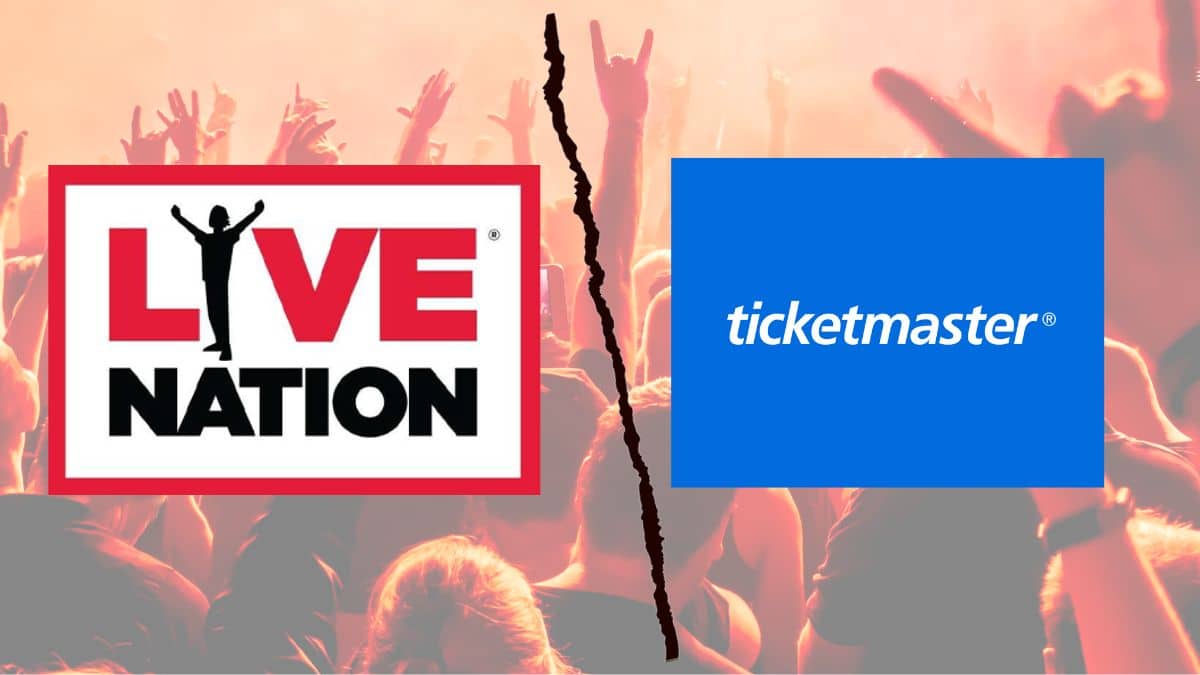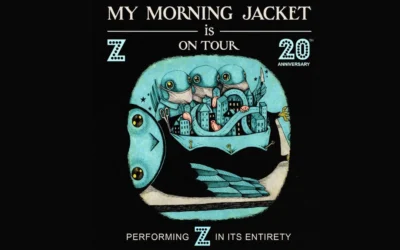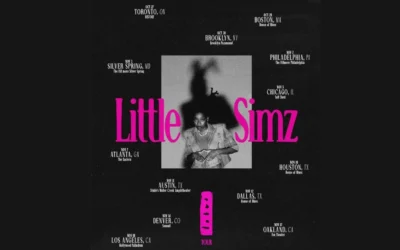While election day in America dawns with polling showing a fairly even split among the electorate between Vice President Kamala Harris and former President Donald Trump, the sentiment about the ongoing antitrust lawsuit against Live Nation Entertainment is much more clear. According to a poll taken last year before the case was filed, a strong majority supports the idea of Live Nation and Ticketmaster being broken up.
A full 60 percent of poll respondents believed the entertainment giant should be split, with support from 50 percent of republicans and 72 percent of democrats. The news of the Biden DOJ’s filing of the case was greeted with significant support when it was announced this year, but there will be a new administration in charge beginning in January, no matter who wins this week. And that new administration will almost certainly bring changes to how things are done regarding antitrust enforcement, even if the political party remains the same.
Will the new occupant of the White House continue the legal effort to shatter the alleged monopoly at the core of live entertainment?
“DOJ’s case against Live Nation stands a good chance of surviving a transition in administration intact,” says Diana Moss of the Progressive Policy Institute. “This contrasts with the other digital tech monopolization cases on deck at the anti-trust agencies. Live Nation’s demonstrated anticompetitive practices present more familiar territory for the courts in terms of bringing strong theory and facts, so a win is likely and that looks good politically.
“Moreover,” Moss continues, “fan and artist outrage over high fees and no choice in ticketing would be hard for any administration to ignore.”
While much of the media coverage of the current election has centered around how divided the country seems in its decision between the dueling candidates, it is apparent that one of the safest bipartisan issues out there is outrage against Ticketmaster and its corporate parent. Attorneys General from 39 states plus the District of Columbia signed on as co-plaintiffs with the Department of Justice in the antitrust case, representing an overwhelming majority of the population, from states as blue as California and red as Mississippi.
“For too long, Live Nation and Ticketmaster have unfairly and illegally run the world of live events, abusing their dominance to overcharge fans, bully venues, and limit artists,” read a statement from New York Attorney General Letitia James in May when the lawsuit was announced.
Further Reading | What They’re Saying” State Attorneys General Statements on the Live Nation-Ticketmaster Antitrust Lawsuit |
“Live Nation’s monopoly on the music industry harms fans through higher fees and hurts artists and venues through lack of options,” read the statement from Florida AG Ashley Moody. “They leverage their extensive network of venues to force artists to select Live Nation as a promoter instead of alternatives.”
While many perceive a potential Republican administration as being more forgiving to business interests than a Democratic one, one analysis found that the first Trump Administration took more antitrust action than any other in three decades.
Neither prospective administration has spoken directly on the case itself, or any plans for its own antitrust policies. Per Pollstar:
Harris’s consumer protection plank does speak broadly about “fees,” hinting she’d continue Biden’s crusade against hidden fees, which resulted in Ticketmaster moving to an all-in model for shows at Live Nation venues. For the most part, Trump’s policy proposals, outside of a few headline grabbers, are vague.
TicketNews requested comment from both campaigns on their vision for the future of the Live Nation/Ticketmaster case. We have not received a response as of Tuesday morning.
Potentially, the biggest factor in the future of USA vs. Live Nation Entertainment under the new administration may be inertia. A case has already been filed, and an enormous amount of work has already been done. To reverse course – particularly on something with as much public support from both sides of the political spectrum – could stir up a hornets nest that no administration wants to weather.
For its part, Live Nation has steadfastly insisted that it has done nothing wrong, and that ticket resale is to blame for all consumer ills. It has long pushed for a legislative solution that would effectively grant event promoters and their chosen ticketing platforms a full legal monopoly over both sale and resale of tickets, reflected in the language of the “Fans First” legislation.
Further Reading | Fans Last? How the Fans First Act Hands Live Nation More Market Power |
Unquestionably, Live Nation has and will continue to spend enormous amounts on lobbying lawmakers and either administration, but the question remains if it will be enough to halt the progress already made in a very popular effort to break its iron grip on every aspect of promotion, management, and ticketing that impact consumers across the globe.
“There is more bipartisan support for anti-trust now than in the past,” says Moss. “But it is not a foregone conclusion. Enforcing violations in more consumer-facing markiets, such as live events ticketing, are likely to garner more support. Any direct connection to consumer harm such as high fees, little choice, and a junky ticketing platform would stand a better chance of surviving a change up in administration.”




